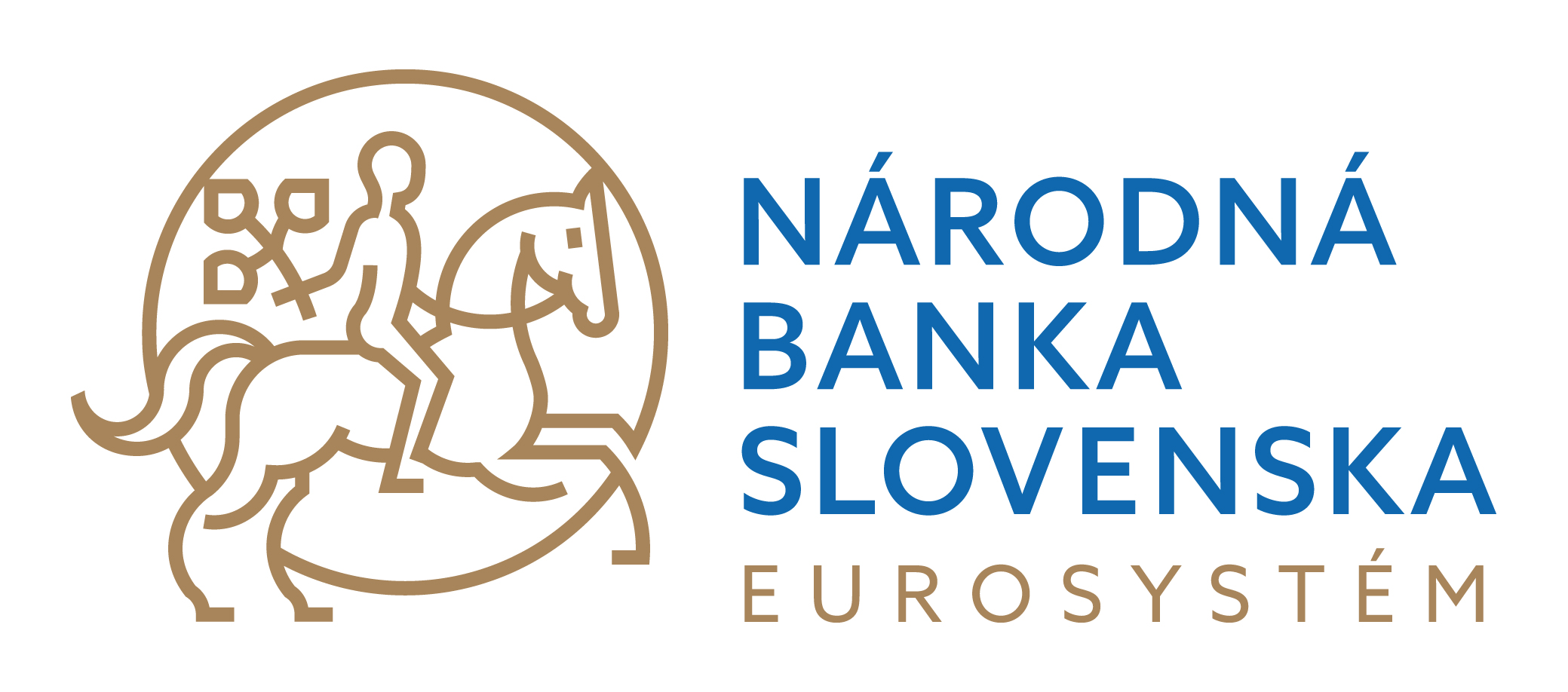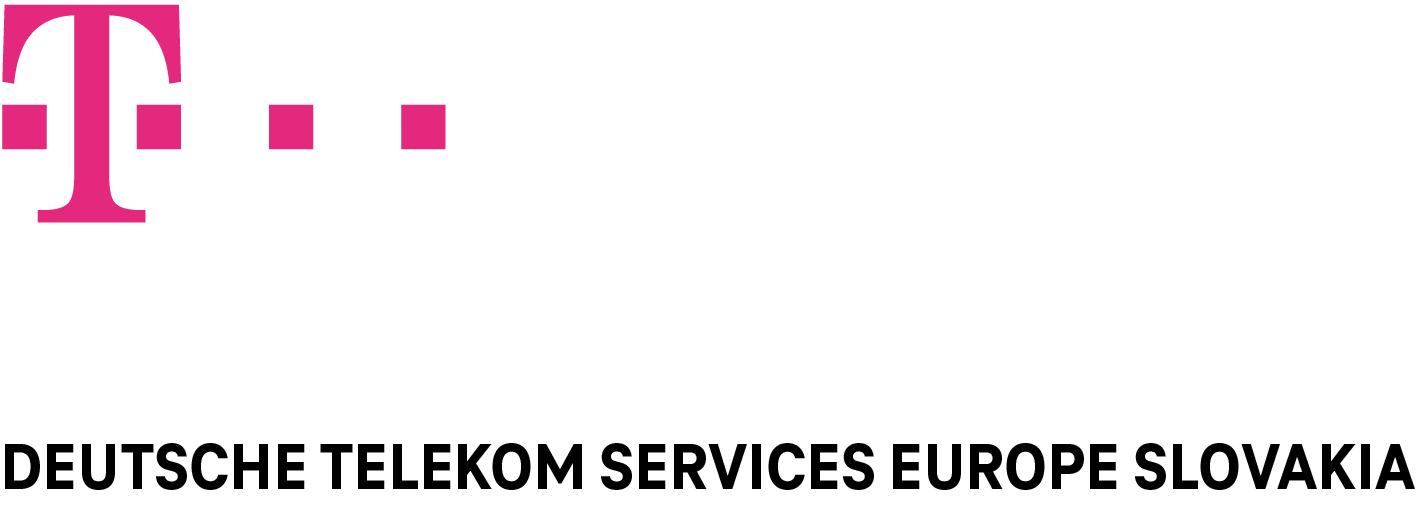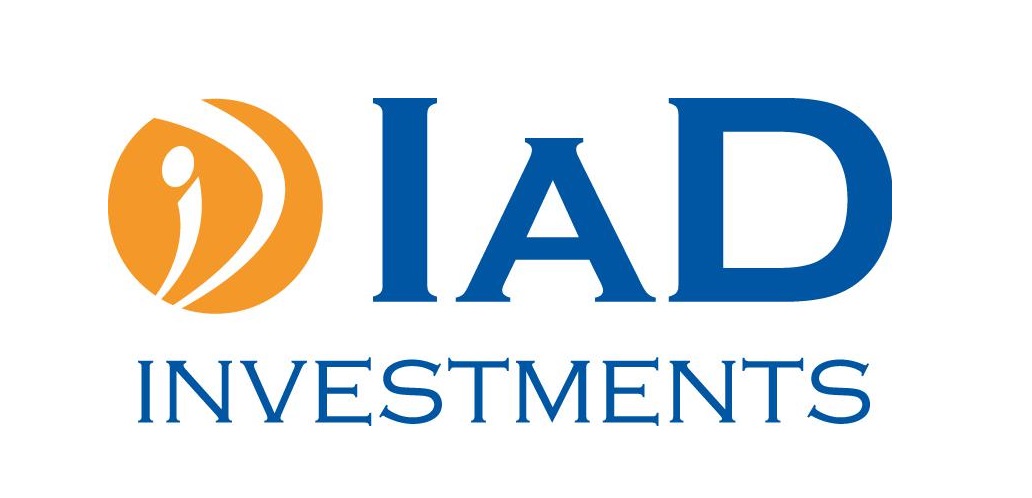Bachelor study programs in English language
The Faculty of National Economy in Bratislava provides accredited study programs for the 1st level of study whose standard length of study is 3 years and the graduate is awarded with the "Bc." degree.
Applied Economics (in English)

The graduate of the bachelor's study program Applied Economics works in professional positions in the private and public sector, which require economic knowledge, analytical skills, as well as independent conceptual economic thinking. The graduate is able to critically analyze economic phenomena and processes and synthesize knowledge of economics and economic analysis. The graduate is able to identify and solve complex social problems and propose creative practical solutions based on economic principles. The graduate has a high level of economic and financial literacy, very good information literacy and is able to communicate in a foreign language. The graduate has extensive knowledge in the field of microeconomics, macroeconomics, knowledge of other economic disciplines, e.g. finance and business sciences, and practical knowledge of statistics, econometrics and economic analysis. The graduate has practical skills in analytical techniques and statistical methods applied to current economic problems. These skills include the acquisition and processing of quantitative and qualitative data and their statistical and econometric analysis using modern software. The graduate has the ability to effectively communicate and present the results of analyzes and proposed solutions, lead work teams, but also solve problems independently and take responsibility for the results of their work and team results. The graduate will find employment in various positions of specialists in economic and analytical sections of companies, in public and state administration, ministries, consulting and advisory companies in Slovakia and abroad. Graduates of this study program can continue their studies at the second degree of study in the study program Applied Economics or in other economically oriented study programs.
Finance, Banking and Investment (in English)

Master study programs in English language
The Faculty of Economicas and Finance provides accredited study programs for the 2nd level of study whose standard length of study is 2 years and the graduate is awarded with the "Ing." or "MSc." degree.
Applied Economics (in English)

Graduates of the master study program Applied Economics master the empirical economics and work with data and statistics, which gives them a significant competitive advantage in the market, and they can find employment in various fields. The most often they work as economic analysts and specialists either in private or public sector, including management positions in the regional, national or international level. Within the private sector or non-profit organisations, they can be employed in positions that require comprehensive economic knowledge and analytical skills. Among the typical jobs in the private sector one can include positions in analytic teams of large companies (such as business analyst, data manager or economic consultant. In the public sector, graduates work in leading positions dealing with economic analysis and forecasting, analysis and setting of the public policy, financial analysis etc. The graduate has general and professional knowledge in the field of micro and macroeconomics, data analysis and policy evaluation of a strategic decisions, which can be applied in specialized areas, such as industrial, behavioural, labour market, urban or regional economics, or economic development. Graduate can apply knowledge to evaluate and solve innovative problems in broader sectoral, regional, national, and international contexts. He can monitor, critically classify, and implement the latest knowledge, apply economic and social principles, as well as the principles of ethical behaviour in the academic and work environment, is able to continuously learn and accept a constructive form of criticism. The graduate is able to integrate knowledge of various areas, while he can formulate judgments even in an environment of limited information and a changing dynamic environment. In his work he can apply advanced knowledge and skills of economics, econometrics, statistics, and economic analysis and forecasting to assess the impact of evets, measures and decisions, analysis of efficiency and productivity, or complex structural contexts and spatial aspects. The graduate is able to apply advanced methods of economic research to the analysis of cross-sectional, spatial, and panel data and time series, using modern software. The graduate can present and defend his arguments at the professional level in front of professional audience as well as in front of the public. He is able to manage work groups even in a complex environment that requires new approaches and critical thinking, takes responsibility for the work of the whole group and can evaluate the achievement of performance indicators not only of analytical teams. The graduate is internationally applicable and able to work in a multinational field. The graduate of this study program may continue his/her doctoral studies in a related study program.
Finance (in English)

- Grab Your chance to spend last year in LSB Luxembourg or first year at University of Pavia and graduate full MSc. degree!
- Boost your employability by studying finance with us and get ahead of other applicants on the international job market!
- The mission is to provide education in full-English program and research that combines academic excellence with business.
Bachelor study programs in Slovak language
Master study programs in Slovak language











